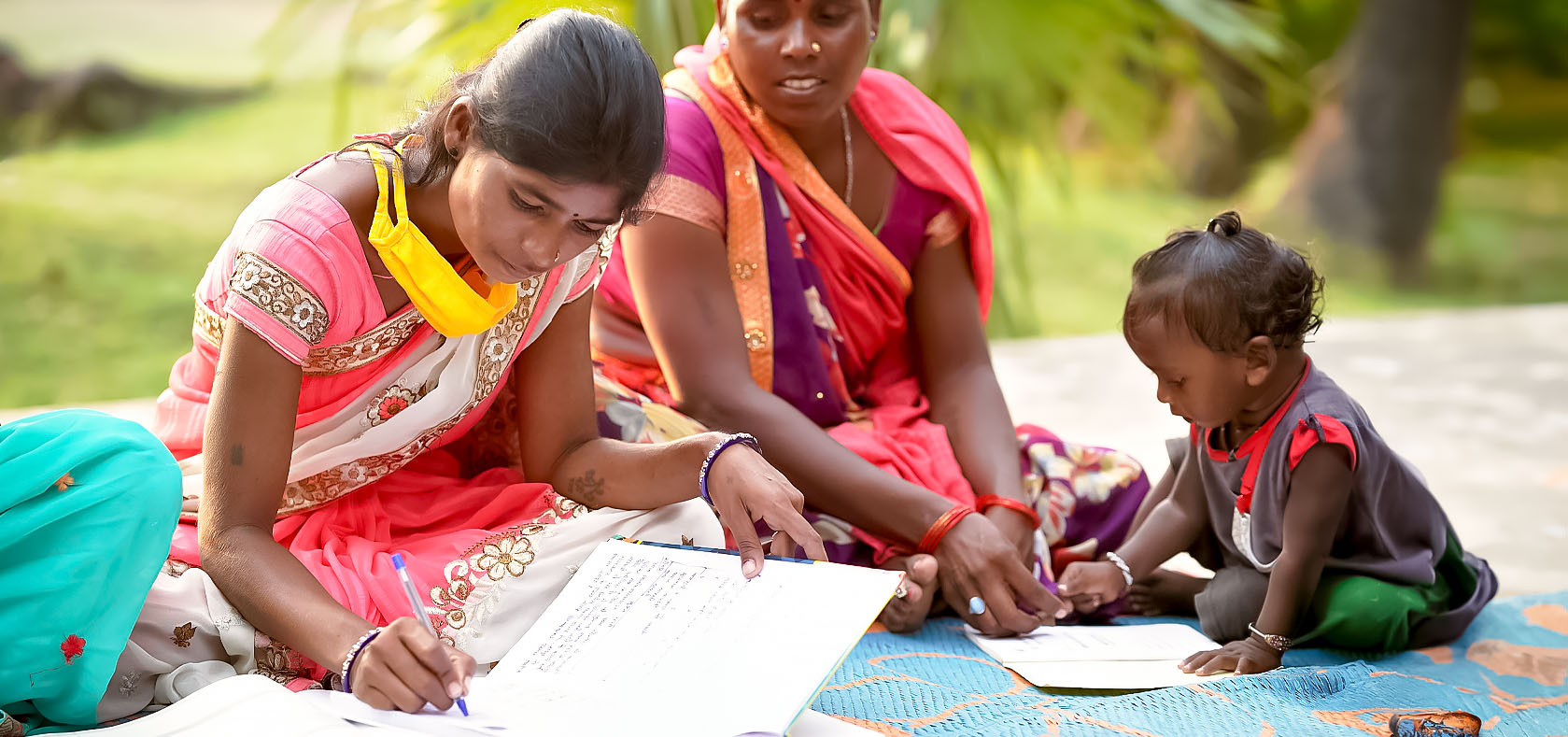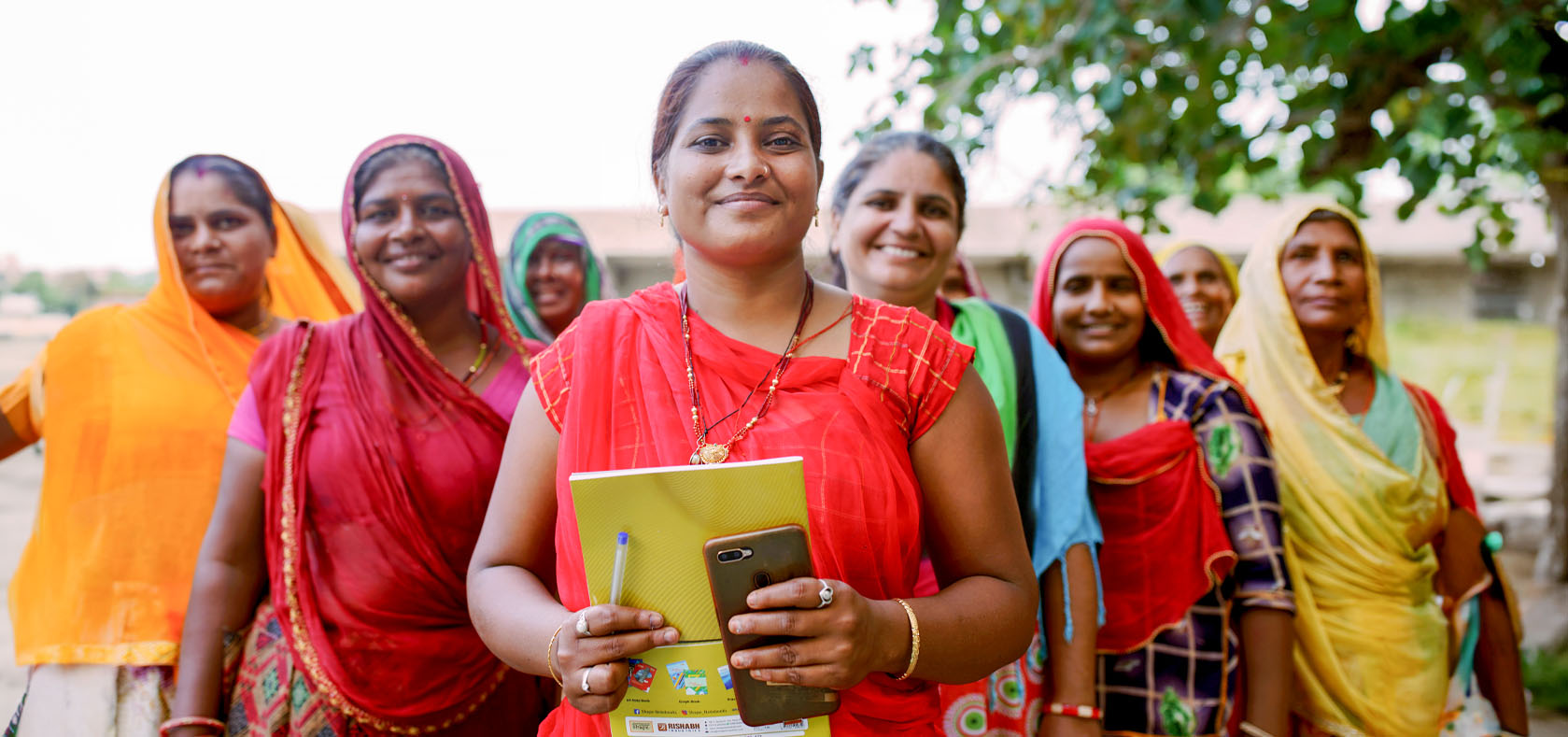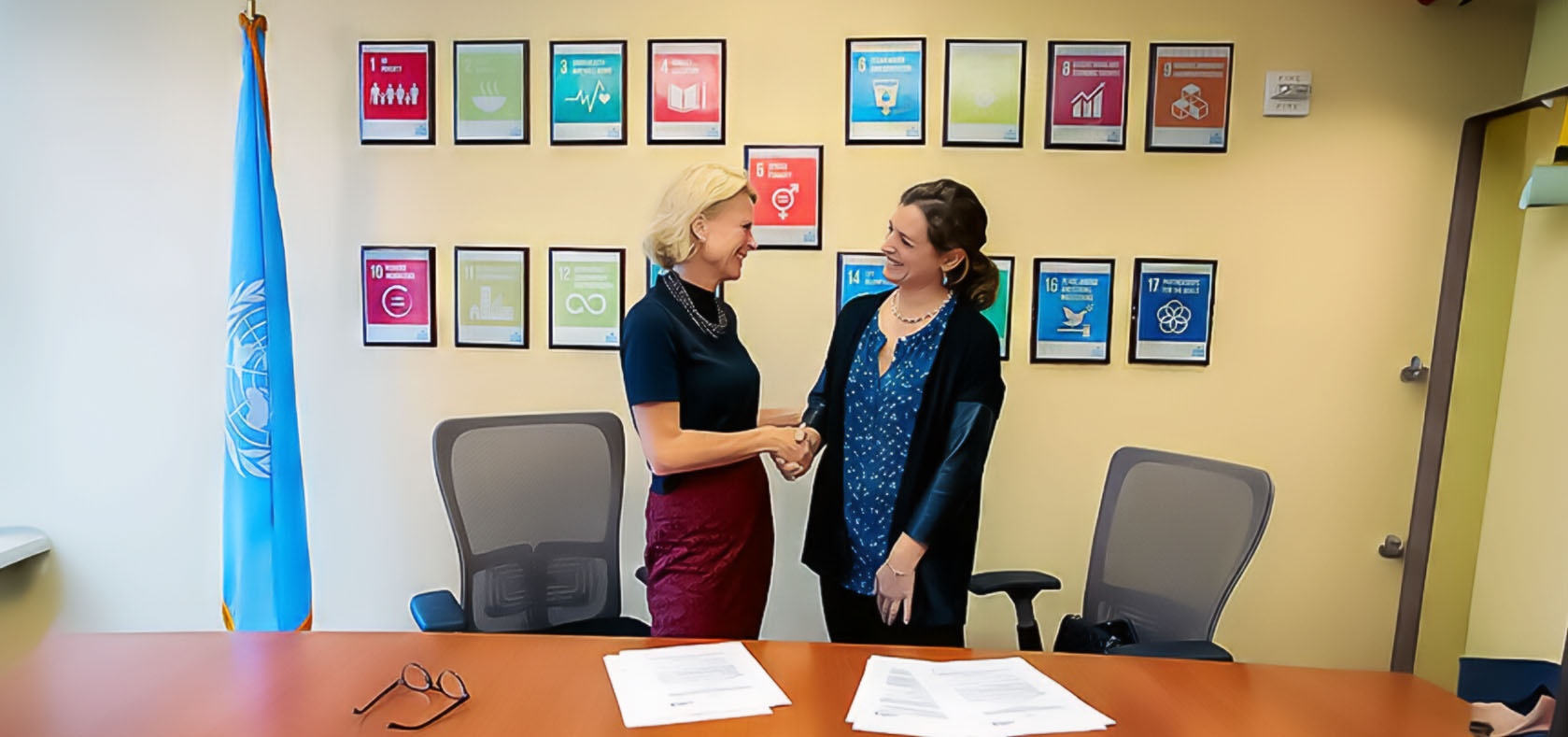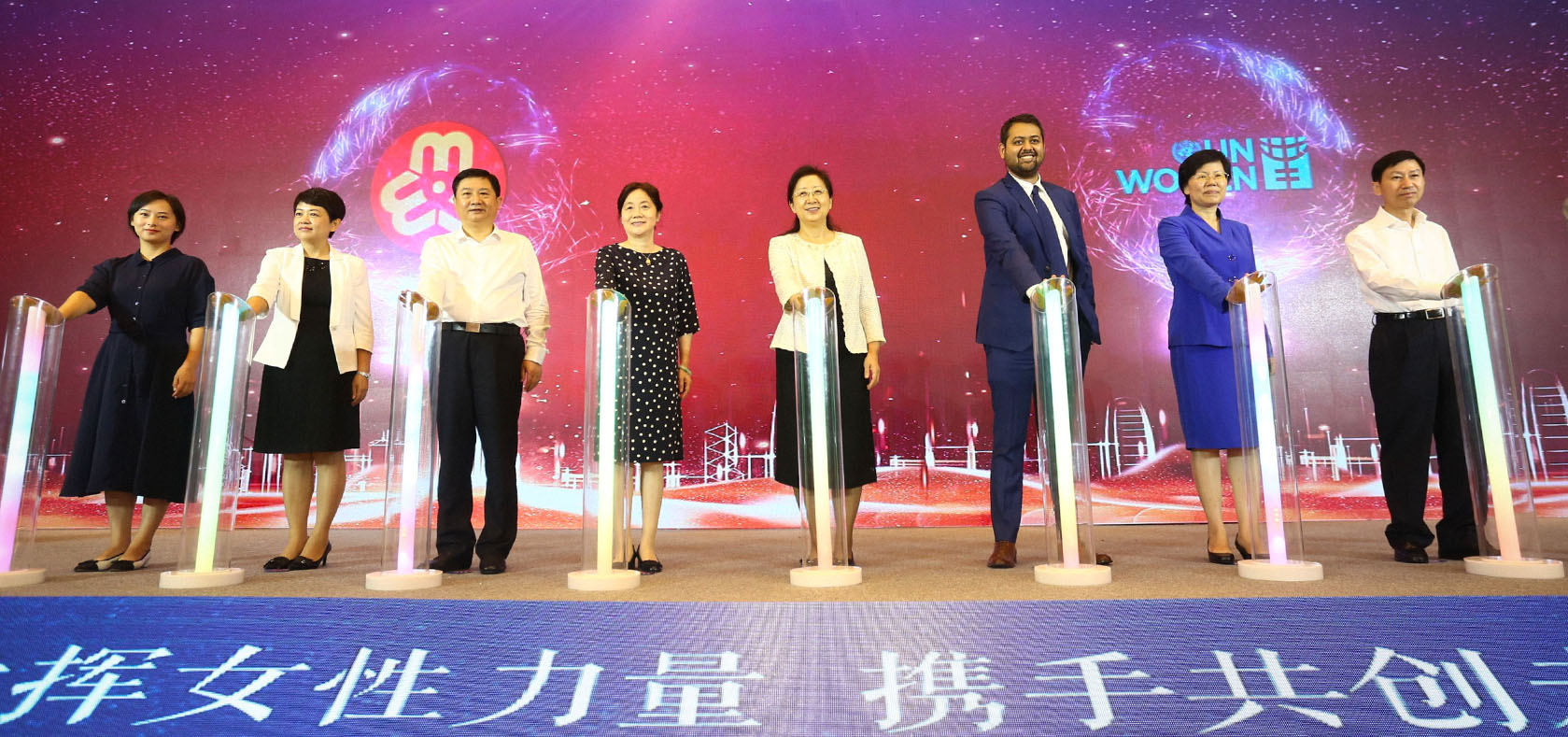Ant Foundation
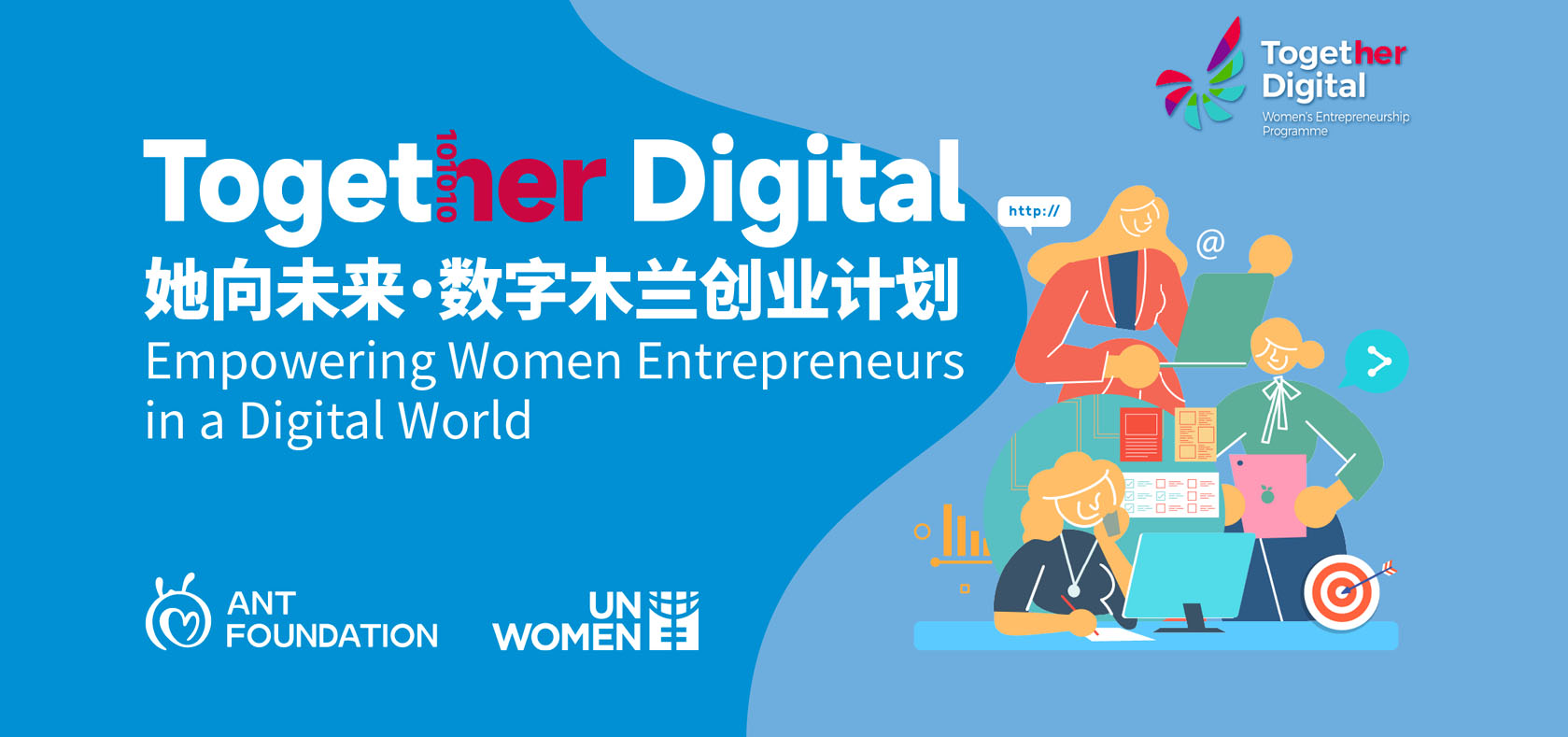
Ant Foundation, a private charitable foundation established by global technology provider Ant Group, partnered with UN Women to launch “Together Digital”, a 5-year programme to support women-led micro, small and medium-sized enterprises and empower them to participate and thrive in the digital economy. Currently being piloted in China and Indonesia, the Together Digital programme has reached over 500 women entrepreneurs with training on digital skills and business management including gender-based digital entrepreneurship. Additionally, the project has reached over 70,000 people through online campaigns contributing to increased public awareness of women's entrepreneurship.
